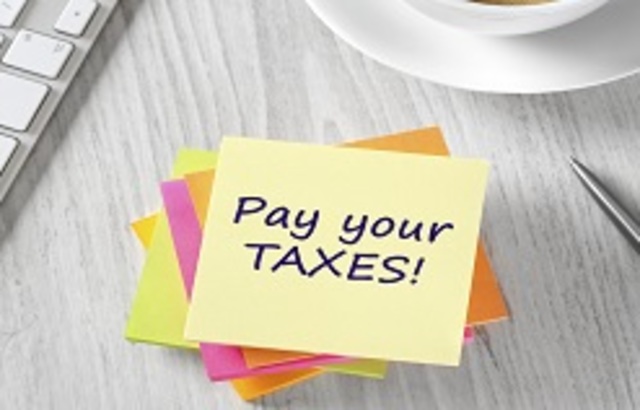The second Finance Bill of 2017, published on Friday 8 September, contains new measures aimed at advisers who suggest schemes for their clients which are later ruled as ‘abusive’.
An advisers involved with a scheme found by HM Revenue & Customs to be abusive will, within 30 days, be hit with a penalty that is equivalent to the whole fee received for promoting the scheme or an estimate of that fee.
Any appeal against the penalty by the adviser will pass to a tax tribunal along with the assessment on the tax to which the arrangements concerned relate.
The second finance bill also contains changes to prevent individuals from using artificial schemes to avoid paying the tax they owe on their earnings.
Complex tax schemes targetted
In addition to the changes facing individuals, the bill contains an update on the rules around company interest expenses to ensure big businesses cannot use excessive interest payments to reduce the amount of tax they pay.
Mel Stride, financial secretary to HM Treasury, said: “The UK is a world leader in tackling tax avoidance and evasion, but we must continue to take action to ensure everyone pays their fair share.
“The Finance Bill will allow us to do just that by preventing companies and individuals from using complicated tax structures to avoid paying the tax they owe, and penalising people that help them to do it,” Stride said in a statement.
International Adviser reported on Friday that the new Finance Bill would include an option for individuals to have HMRC review “disproportionate” tax on withdrawals from life policies.
The bill was expected to include a ban on cold calling but the measure hasn’t survived the interruption of the snap election.
New measures
The new Finance Bill will:
- abolish permanent non-dom status, so that those who have lived here for years – and in some cases for their entire lives – pay tax in the same way as UK residents
- reducing the dividend allowance from £5,000 to £2,000 from April 2018, limiting the difference in tax treatment between those who work through their own company, and those who work as employees or self-employed.
- reducing the Money Purchase Annual Allowance from £10,000 to £4,000, limiting the extent to which people can recycle their pension savings to get extra tax relief.








